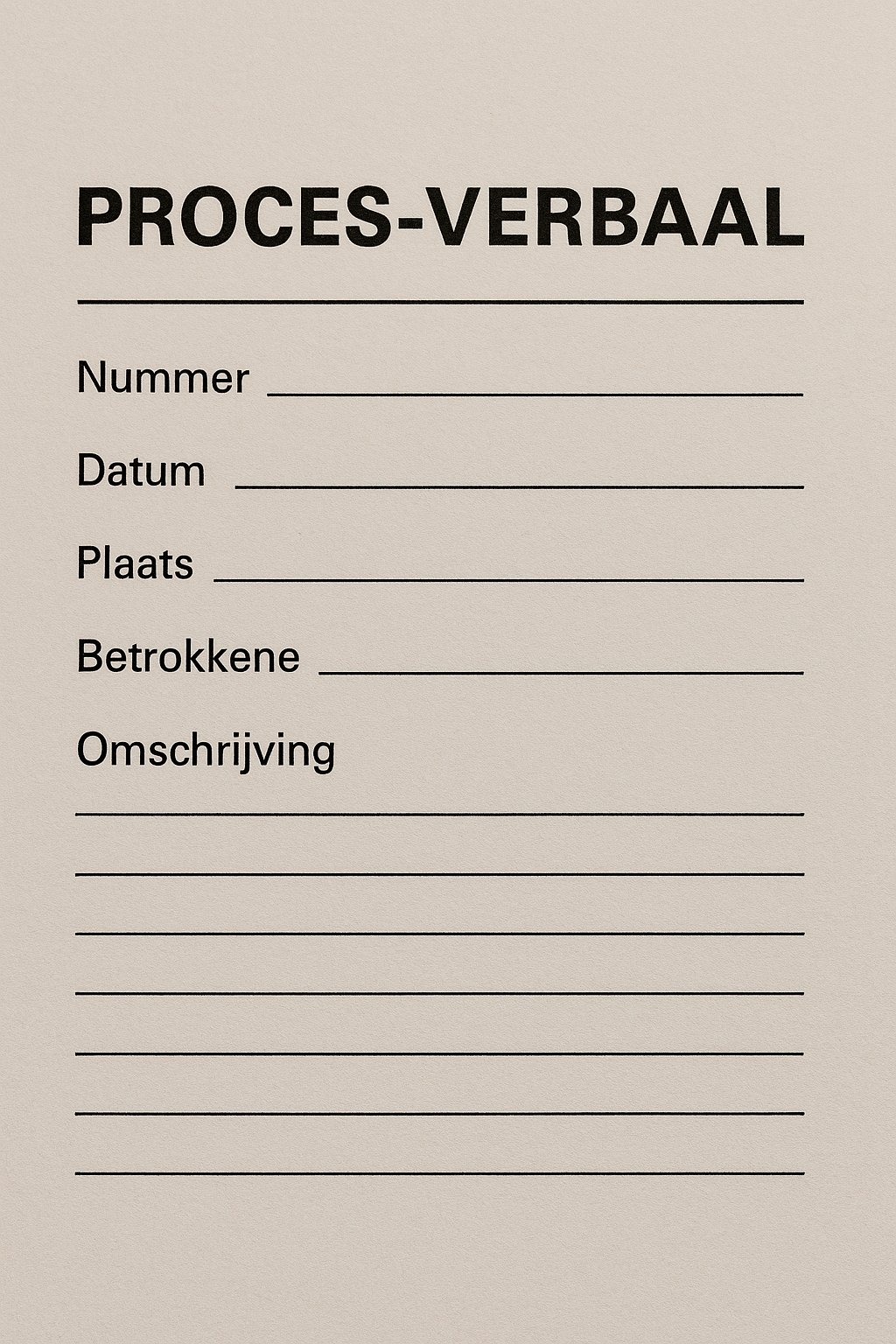What is a proces-verbaal in Dutch court proceedings?

If you attend a court hearing in the Netherlands, you may hear the term proces-verbaal. It’s the official written summary of what happened during the court hearing.
Here’s what you need to know.
What is a proces-verbaal?
A proces-verbaal is a formal court document that contains a written record of:
- Who was present at the hearing,
- What was said (in summary form),
- What decisions or agreements were made during the hearing, if any.
It is written by the court clerk (griffier), who is present during the hearing alongside the judge.
Is everything recorded word-for-word?
No. The proces-verbaal is not a full transcript. It contains a summary of key points and important statements made by the parties, their lawyers, and the judge. It is meant to provide a clear, concise overview of the hearing but does not include every word spoken.
Will I automatically receive a copy?
No. A proces-verbaal is not sent to parties as a standard document.
The exception is when:
- An agreement (settlement) is reached during the hearing, and
- That agreement is written into the proces-verbaal and signed by all parties.
In such cases, the signed document becomes legally binding, and a copy is shared with the parties.
In the majority of hearings, however, no proces-verbaal is shared unless there is a specific reason to request it.
When do you need a proces-verbaal?
A proces-verbaal becomes relevant if you want to file an appeal. In appeal proceedings, it is required as part of the case file to understand what happened during the original hearing. Your appeal lawyer will request this document on your behalf.
Why is it important?
The proces-verbaal can play an essential role in legal proceedings:
- If a settlement was reached, it records the terms of the agreement.
- In appeals, it helps the higher court better understand what was discussed in the first hearing.
Conclusion
A proces-verbaal is the court’s official summary of a hearing. While it’s not sent out automatically, it becomes important if a settlement is reached or if you choose to appeal. In such cases, your lawyer will take care of requesting it. Understanding this document – and when it matters – is one more step in feeling prepared and informed as you navigate the Dutch legal system.
Disclaimer: The information provided on this website is for general informational purposes only and is not legally binding. Although we strive for accuracy, the content may contain errors. If you notice any mistakes, please let us know by contacting us via the contact form located at the bottom of the page.
Picture : Created by Sora/ ChatGPT

